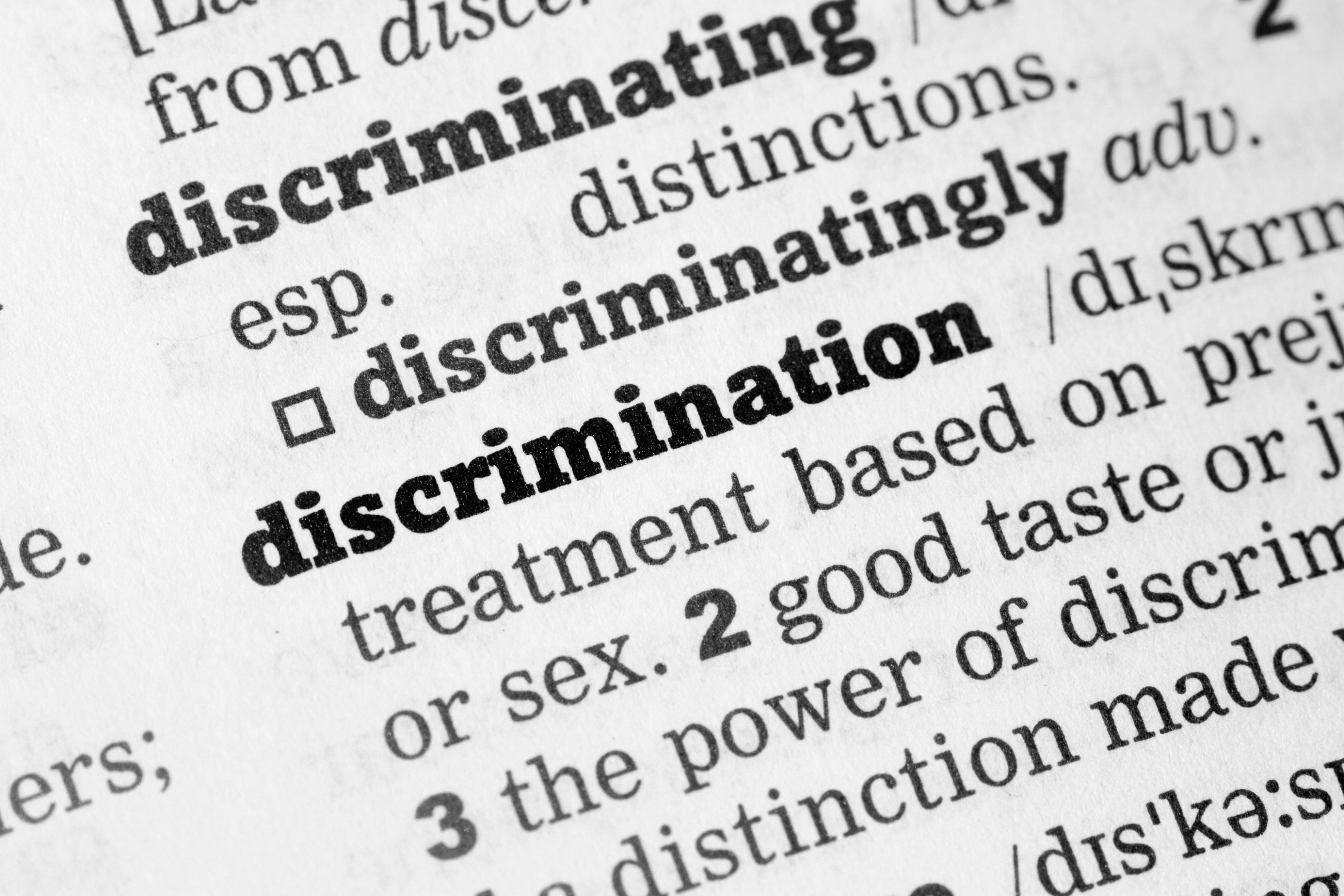More employees faced mental health discrimination in Singapore

While more employees and aspiring job applicants said that there had been an overall fall in discrimination due to personal attributes in Singapore, there are still employees who experienced mental health discrimination in 2022 than the year before, according to a recent Ministry of Manpower (MOM)’s fair employment practices report.
Among job applicants, 5% of respondents said they were discriminated against for their mental health condition, a rise of 2.9% from the year before. More employees sought help for their ailments: with 35.3% doing so in 2022, an increase of 15.3% from the year before.
“This could be partly attributed to greater expectations for employers to care for their staff’s mental needs, as well as an increase in the proportion of residents in the labour force with mental health conditions,” said MOM, who added thatemployers generally looking to better follow fair employment guidelines and introduced formal procedures to manage workplace discrimination.
The three most common forms of discrimination experienced during both the job search and in the workplace were over age, race, and mental health, as detailed in the report. Ageism topped the ranks of the most common form of discrimination, followed by race, and mental health in the last few years. However, in 2022, mental health discrimination reports rose higher than ageism or racial discrimination.
READ MORE: WFH most prevalent flexible work arrangement in Singapore
One possible reason why is because of the Covid-19 recovery period between 2021 and 2022, as employers may have been less picky with applicants to fill positions, said Jaya Dass, Managing Director of Recruitment at Randstad Malaysia and Singapore. However, employees who were still managing to adjust their family life and work routines back to pre-pandemic levels were probably unable to do so at the levels that organisations expected, reported The Straits Times.



